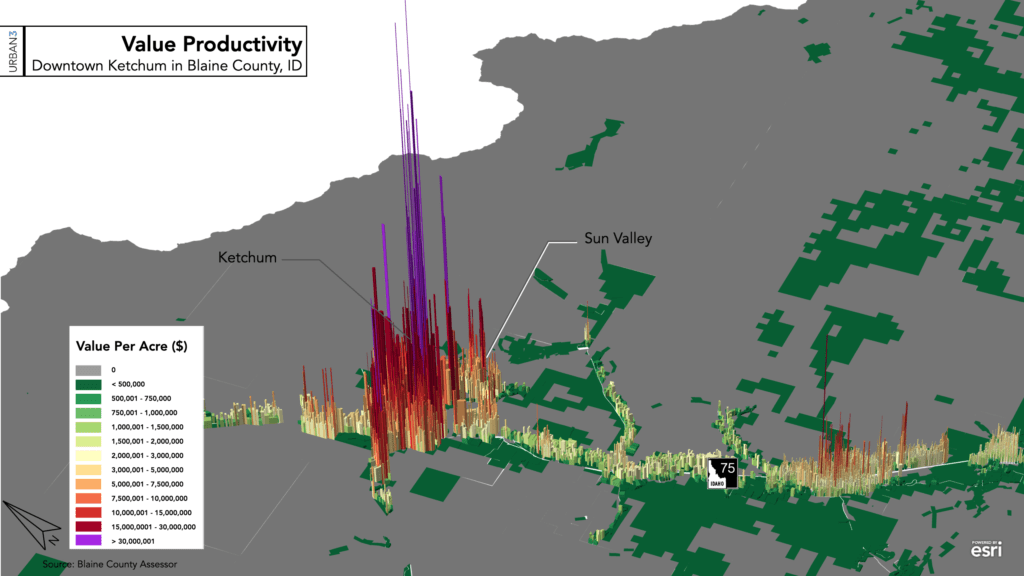It’s hard to believe that we’re already in the fourth quarter of 2022, a year that in many respects has been our busiest and most productive in Urban3’s history.
In addition to our groundbreaking collaboration with the Sorenson Impact Center and Government Finance Officers Association on Putting Assets to Work – where we’re helping cities across the country discover the unrealized value of their own property holdings – and supporting the regional racial equity project, Just Accounting for Health, we’re excited to be working in a variety of new places throughout the United States:
In Burlington, Vermont, the local property assessor has asked us to review their methods for collecting property taxes and identify instances where lower-valued communities may be overpaying their fair share. This project follows closely in the footsteps of work that we’ve done in our hometown of Asheville and throughout western North Carolina.
The Utah League of Cities and Towns has engaged us to lead a six month educational program focused on the potential values of publicly owned-assets of their member communities. Utah’s Mountain West neighbors in Blaine County, Idaho, have also engaged us to analyze the value-per-acre being captured in their rapidly growing community. This work is being supported by FutureWest, Smart Growth Idaho and the Wood River Land Trust.

Christina Brooks, Chief Equity Officer of Fort Worth, Texas, is bringing Urban3 to town to advise the City on how they can make taxation policy and future development decisions more equitable and fair. Joe Minicozzi will present to their Council on October 18. On the other side of the metroplex, the MetroTex Association of Realtors® – the Dallas, Texas regional realtors group – has engaged us to analyze the fiscal health of their membership’s area.
The Urban Land Institute chapter of Memphis, Tennessee is leading a consortium of local organizations that have asked us to explore the implications of the federal government’s “redlining” practice from the 1940s and 50s on property values today.
While each of these new engagements is different, they share a common thread. We see a growing interest everywhere among residents, developers, and local leaders in using data to make smarter decisions about the future of the places they love. Our unique Geoaccounting process helps them do it. We’re grateful for the opportunity to learn, share, and grow alongside these communities.
If you think we can help your community build a stronger and more stable financial future, please be in touch. We’d love to help.